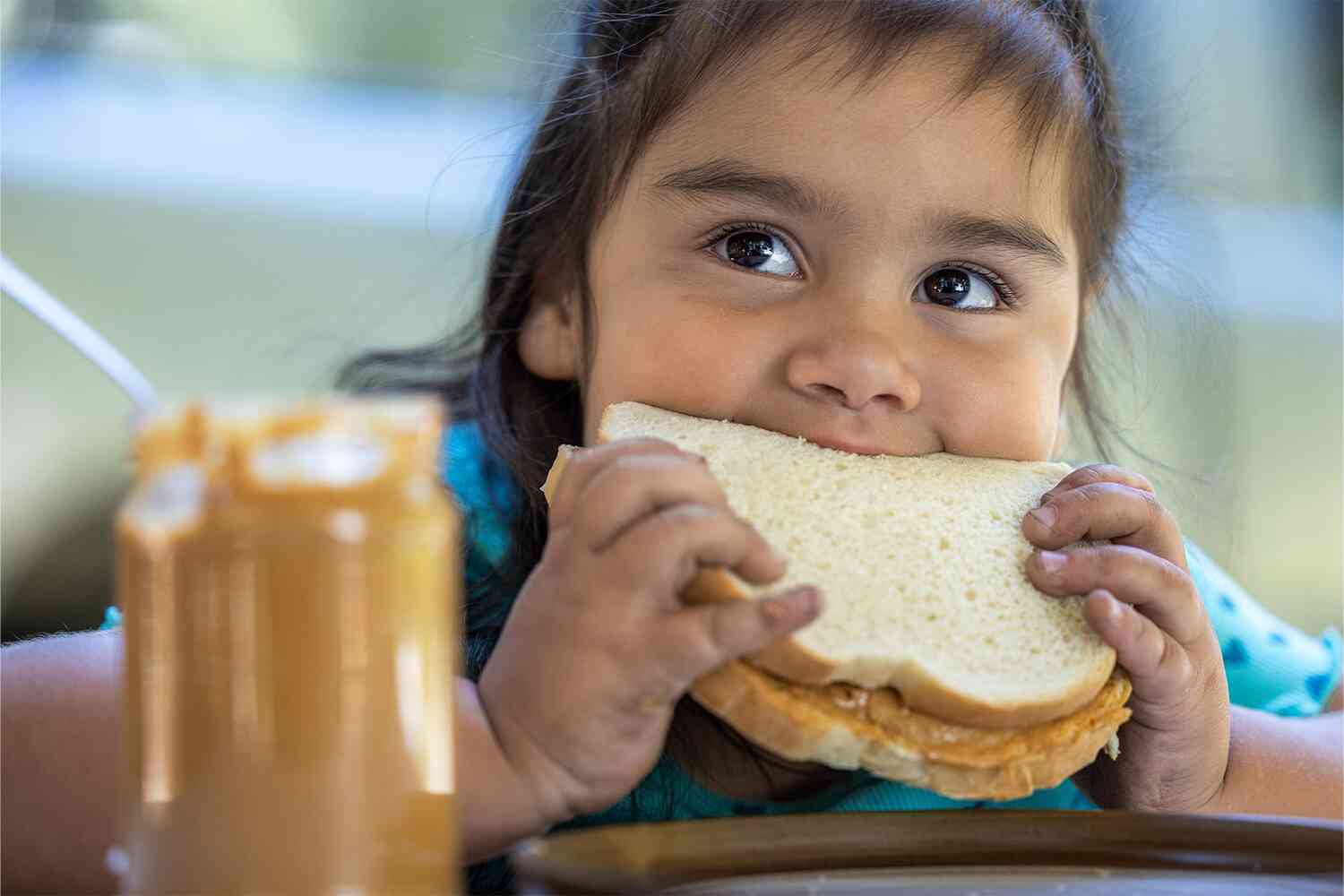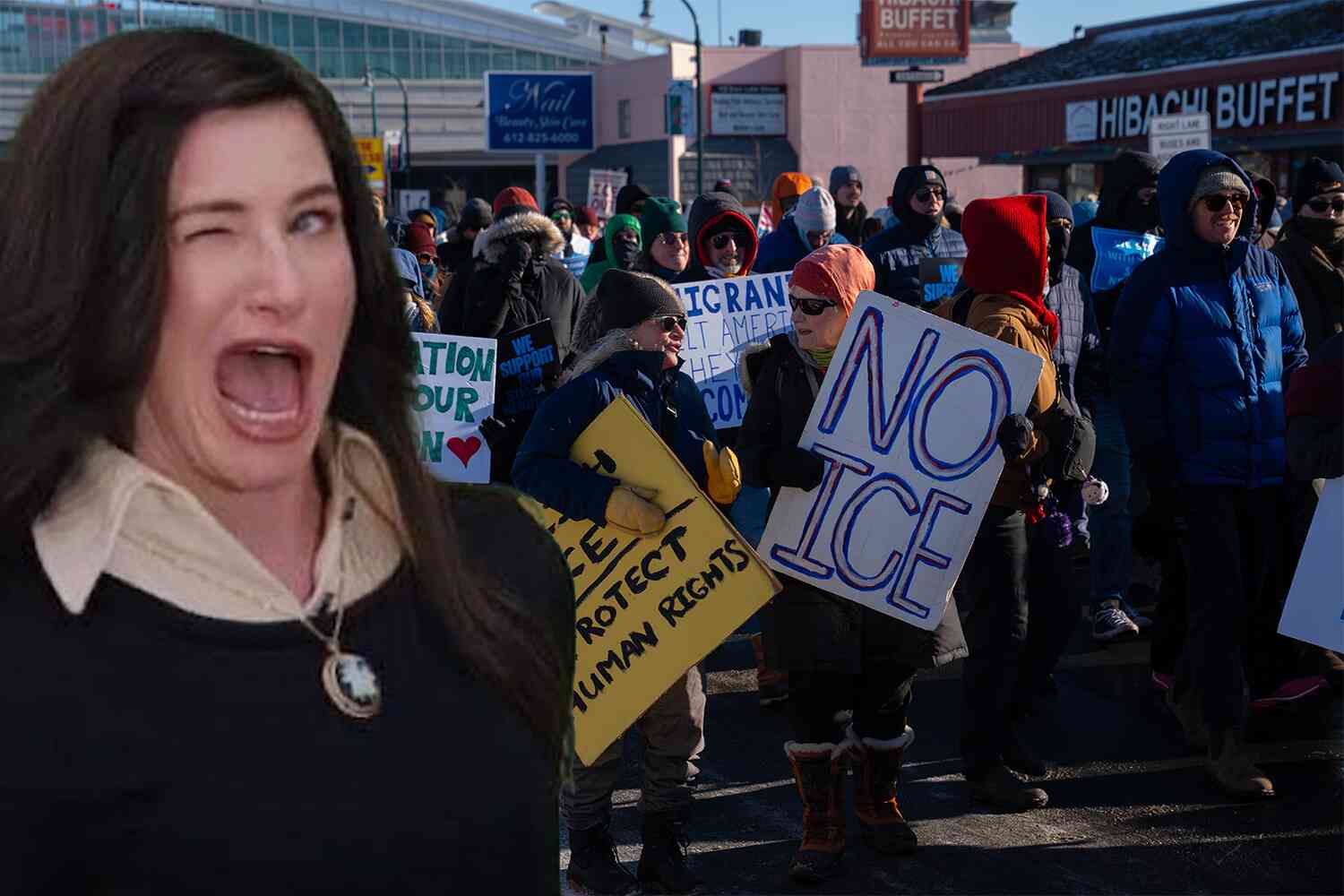Good news for peanut lovers and their kids, bad news for the thousands and thousands of kids whose parents trusted the "experts" and withheld peanuts from their kids:
For years, parents were told how dangerous peanut allergies were and how kids shouldn't be eating peanuts or peanut butter until they're older ... just in case.
But it turn out, they should have been doing the opposite.
We all trusted the experts, didn't we?
And who do we have to blame? Largely, the American Academy of Pediatrics.
Your pediatrician, using the same logic that mandated masks for Covid, helped to create an allergy epidemic?
Here's CBS News:
A decade after a landmark study proved that feeding peanut products to young babies could prevent development of life-threatening allergies, new research finds the change has made a big difference in the real world.
About 60,000 children have avoided developing peanut allergies after guidance first issued in 2015 upended medical practice by recommending introducing the allergen to infants starting as early as 4 months.
SIXTY THOUSAND!
'That's a remarkable thing, right?' said Dr. David Hill, an allergist and researcher at Children's Hospital of Philadelphia, and author of a study published Monday in the medical journal Pediatrics. Hill and colleagues analyzed electronic health records from dozens of pediatric practices to track diagnoses of food allergies in young children before, during and after the guidelines were issued.
'I can actually come to you today and say there are less kids with food allergy today than there would have been if we hadn't implemented this public health effort,' he added.
Abundance of caution vs. real science. And it turns out the real science and not the "expert class" were the correct ones.
The researchers found that peanut allergies in children ages 0 to 3 declined by more than 27% after guidance for high-risk kids was first issued in 2015 and by more than 40% after the recommendations were expanded in 2017.
Now, if you'll excuse me, I have to feed my infant a spoonful of Jif.
Our latest video 👇









